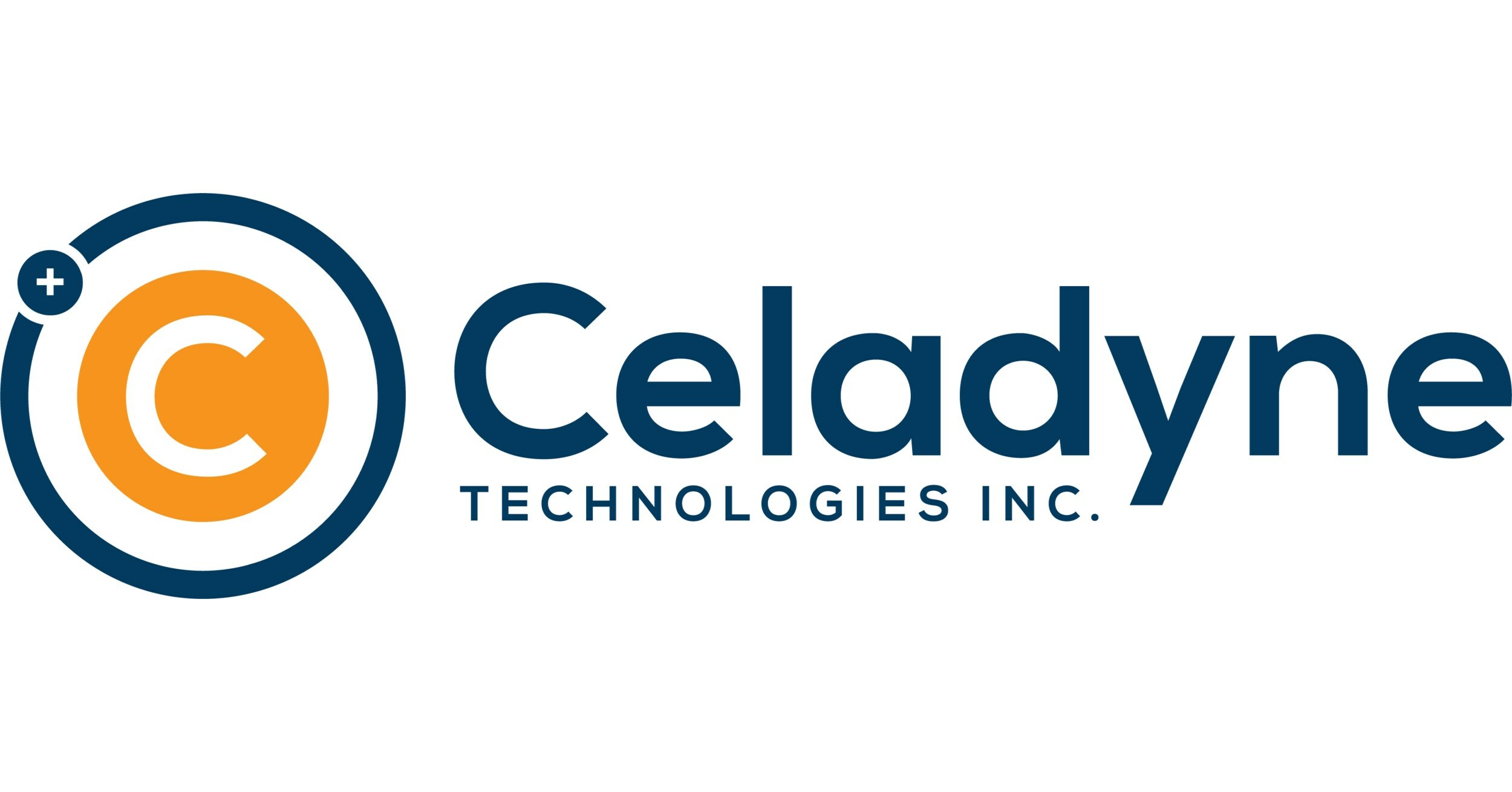Celadyne Launches CAPRI to Drive Future Hydrogen Technologies through Education Partnerships
Key Ideas
- Celadyne Technologies launches CAPRI program to collaborate with universities and national labs for advancing hydrogen technologies.
- Partnerships with institutions like University of Texas at Austin and Northwestern University aim to train future hydrogen industry professionals.
- The goal is to foster innovation and drive hydrogen technology breakthroughs by engaging with diverse expertise and ideas.
- Celadyne aims to build a strong technology commercialization pipeline for hydrogen, encouraging diversity and innovation in the industry.
Celadyne Technologies has introduced CAPRI, a program focused on collaborating with universities and national labs to drive the development of hydrogen technologies. This initiative seeks to leverage the expertise of academic institutions like the University of Texas at Austin and Northwestern University to nurture the next generation of professionals in the hydrogen industry. By partnering with multiple educational institutions, Celadyne aims to create a wide network of collaboration to pave the way for breakthrough technologies in the hydrogen sector.
Through CAPRI, Celadyne is investing in fostering innovation and cultivating future leaders who will contribute to a more sustainable world. Various partnerships with universities and research institutions cover diverse aspects of the hydrogen industry, including membrane innovation, catalyst development, and systems integration. These collaborations bring fresh ideas and expertise to the technology development pipeline, driving unexpected innovations.
Delia Milliron, the CSO at Celadyne, emphasizes the importance of engaging bright young minds in shaping the future of hydrogen technology. The partnerships with academic institutions not only aim to drive technological advancements but also to mentor the next generation of hydrogen talent. Celadyne envisions building a robust hydrogen ecosystem in the United States by promoting diversity and creating a strong technology commercialization pathway from universities to the market.
By involving individuals with varying expertise on pertinent topics, Celadyne aims to accelerate the development of long-term roadmap technologies. The company's CEO, Gary Ong, envisions Celadyne as a driving force that brings top hydrogen talent and technologies to the market. The ultimate goal of these partnerships is to unlock the full potential of hydrogen, fostering meaningful changes across industries.
If you want to learn more about Celadyne's CAPRI program and collaborate with them on hydrogen research, visit their website for further information.
Topics
Fuel Cells
Innovation
Research Collaboration
Technology Development
Energy Solutions
Technology Roadmap
Education Partnerships
University Partnerships
Latest News
